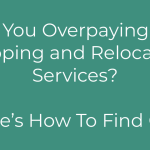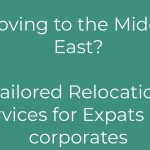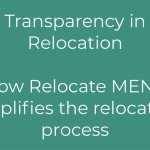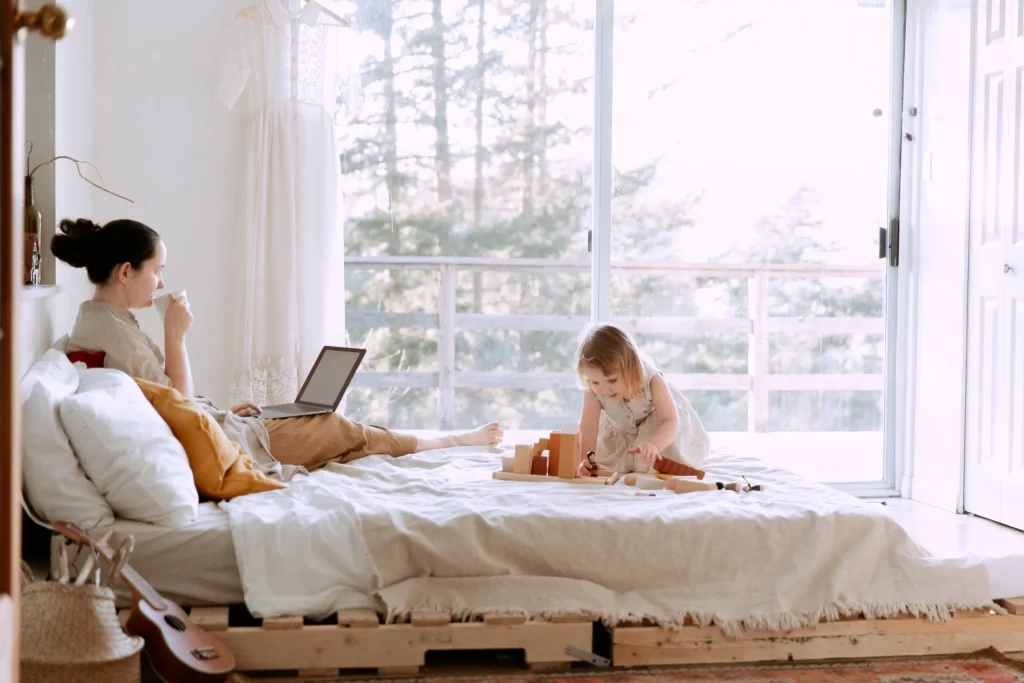Moving to the Middle East presents a unique set of challenges and opportunities for expatriate families, particularly when it comes to childcare. Understanding the cultural nuances in this region can be pivotal in ensuring a smooth transition for both parents and children. This blog aims to provide expatriate families with insights into childcare practices in the Middle East and how they can adjust their parenting approaches in this new cultural environment.
The Significance of Family in the Middle East
In the Middle East, family plays a central role in society. Extended family members often live close by or even under the same roof. This collective approach to family life impacts childcare, with grandparents, aunts, uncles, and older siblings frequently involved in raising children. Understanding this familial structure is essential for expatriates, as it influences social interactions and the support system available for childcare.
Respect for Elders
Respect for elders is deeply ingrained in Middle Eastern culture. Children are taught to show utmost respect to their elders, and this expectation extends to the way they interact with teachers, caregivers, and even parents’ friends. It’s important for expat parents to teach their children about these expectations to facilitate smoother interactions in schools and social settings.
Gender Roles and Childcare
Traditionally, gender roles are more defined in the Middle East, with mothers often being the primary caregivers. However, this is gradually evolving, especially in more urban and cosmopolitan areas. Expatriate families may find differing attitudes towards gender roles in childcare, depending on the region and its level of conservatism.
Educational Approaches
The education system in the Middle East often places a strong emphasis on rote learning and respect for authority. This might be different from the more interactive and exploratory learning methods expatriate children are used to. Adapting to this new educational style can be a challenge for both parents and children.
Religion and its Influence on Childcare
Religion plays a significant role in everyday life in the Middle East. Islamic teachings and practices influence various aspects of childcare, from dietary restrictions to daily prayers and moral teachings. Non-Muslim expat families should be aware of and respect these practices, as they significantly impact social and educational environments.
Navigating Language Barriers
While English is widely spoken in many parts of the Middle East, especially in business and education sectors, Arabic is the dominant language. Language barriers can pose a challenge in childcare, particularly if caregivers or educators primarily speak Arabic. Encouraging children to learn Arabic can help them adapt more quickly to their new environment.
Social Customs and Child Interaction
Social customs in the Middle East may differ from what expatriate families are accustomed to. For instance, physical affection towards children, even from acquaintances or strangers, is more common and generally considered a sign of warmth and kindness. Understanding and navigating these social norms is crucial for expat families.
How Relocate MENA Can Assist
Relocate MENA, a seasoned relocation management company, understands these cultural nuances and offers tailored support to expatriate families moving to the Middle East. Our services include:
Cultural Orientation Sessions
To prepare you and your family for the cultural differences in childcare and daily life.
School Search and Assistance
Helping you find the right educational environment that aligns with your child’s needs and your cultural preferences.
Language Support
Offering resources and referrals for Arabic language learning for you and your children.
Networking Opportunities
Connecting you with other expatriate families to share experiences and advice.
Adjusting to a new cultural environment can be challenging, but with an open mind and the right support, it can also be a rewarding experience. By understanding and embracing the cultural differences in childcare and everyday life in the Middle East, expatriate families can ensure a smoother transition and a more enriching stay in the region.
For comprehensive support in your family’s relocation to the Middle East, visit Relocate MENA to learn more about our services and how we can assist you in navigating these cultural nuances effectively.
Ready to embark on your journey to the Middle East? Contact Relocate MENA today to ensure a seamless transition for your family. Visit our website or reach out to us at [email protected] for personalized relocation services.









